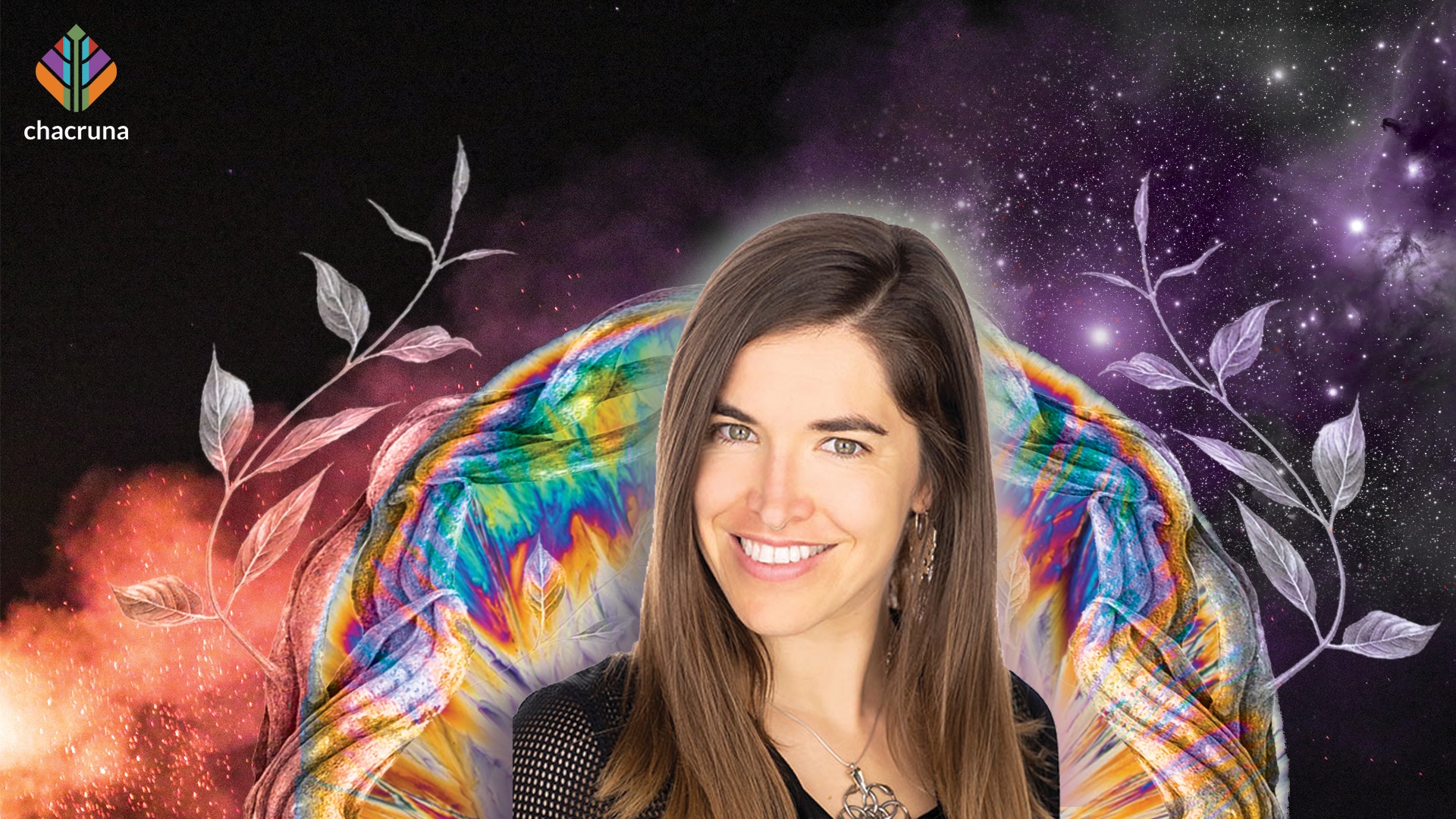- Educating Gringos in Shipibo Ways - December 13, 2021
- LSD in the House, Cops at the Door: A Psycholytic Therapist Reflects on Her Darkest Moment - July 28, 2021
- Peer support line helped 16 “bad trippers” avoid the emergency room - June 4, 2021

Ayahuasca is a liana. From the forest floor, it winds its way up to the canopy. It is a medicine on its own, sometimes called “the force.” And the liana activates other medicines, like chacruna, “the light.”
Another liana is working to activate medicines. Liana Sananda Gillooly wound her way up from a wandering teen to, now, among the most pivotal fundraiser in the psychedelic world as the Development Officer for the Multidisciplinary Association for Psychedelic Studies. She’s one of the chief fundraisers for the nonprofit that powered the Psychedelic Renaissance.
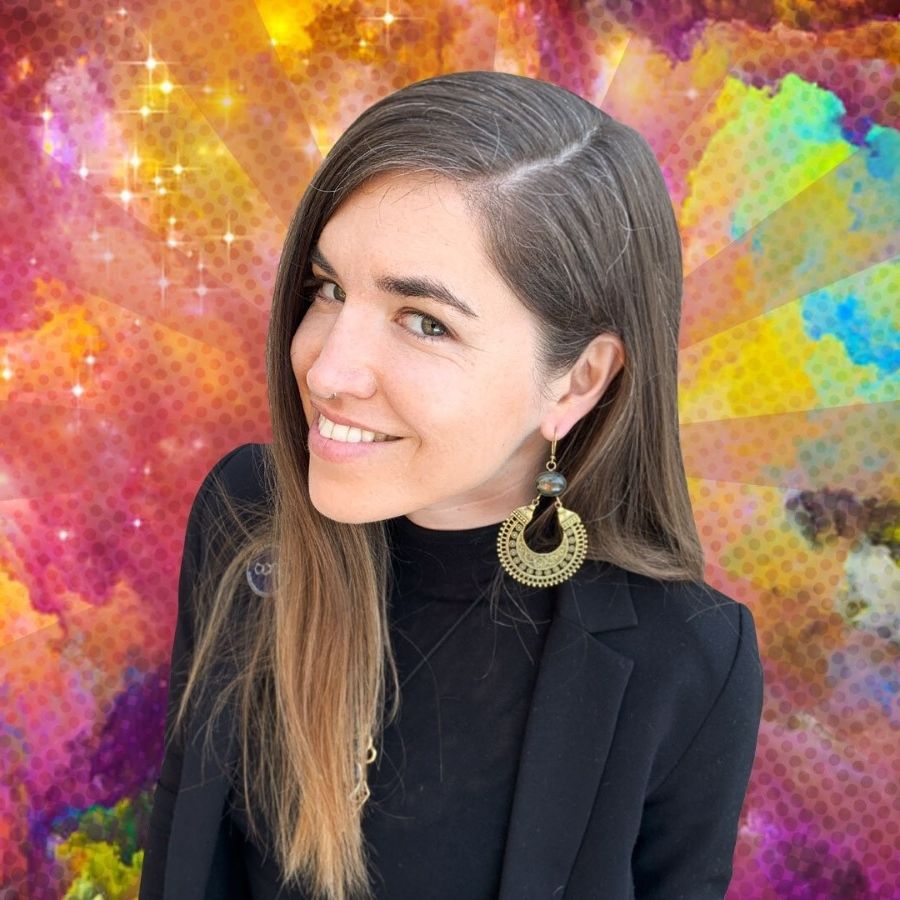
Liana was a big part of MAPS’s recent capstone push, which raised $30 million, the final amount likely needed to legalize MDMA-assisted psychotherapy for PTSD in North America, Canada, and Israel.
There is a deep sense among psychedelic folks that the first fully legal access to an entactogen could really make a difference in the way the world operates. That, when MDMA reaches hearts, the world will change. MAPS might have gotten the money for FDA approval with someone else in the job of Development Officer. But it happened with her.
Whether MAPS can potentate other medicines, provide MDMA to those with anorexia, say, or couples who have PTSD or veterans, or continue their work with cannabis and LSD, depends in part on Liana’s ability to raise tens of million of dollars more in donations.
We talked to her via video chat from her pandemic home on Long Island.
Chacruna: When you’re going to these potential donors who can write these big checks and you say, “I want you to make a donation to MAPS,” a lot of them must say, “I could invest in Compass, or any of the myriad companies that are forming, and potentially make a lot of money.” How do you talk them into your side?
Liana Sananda Gillooly: When I started this job, there were no investment opportunities in psychedelics at all.
Some people I speak with say, “I’ve taken my company public, I can help you take MAPS public, and that’s the best way to go and raise the most amount of money possible to do the most amount of good.”
If MAPS were to go public, what do you think we’d be worth? A billion dollars? Billions of dollars? And all of that is a sign that [MAPS founder] Rick [Doblin] has been right all these decades. There’s real value here.
“If we are able to stay non-profit, any potential profits from the sale of MDMA go back into furthering the mission of MAPS. We have a much broader mission and goal than MDMA therapy.”
Liana Sananda Gillooly
Yet at this time, we do not want to divert potential gains back to investors. If we are able to stay non-profit, any potential profits from the sale of MDMA go back into furthering the mission of MAPS, which has a broader goal of creating safe and legal pathways to experience the beneficial uses of psychedelics, beyond putting MDMA Therapy through the FDA process. There are certain activities at MAPS- our policy and advocacy work, focus on health equity, education, and harm reduction programs that would not be prioritized if we were to operate as a publicly traded company.
Chacruna: What kind of person is sympathetic to that argument?
Liana: It’s people who derive a lot of meaning and purpose out of doing something that they believe in, not because it’s going to make them a bunch of money, but because they know it is what is best for the world.
At MAPS we’re putting a very viable alternative pathway forward, saying, “You can do things in a different way.” You can have a public benefit corporation owned by a non-profit. And it can work.
One of the remarkable things about MAPS is that, unlike Compass and most other psychedelic companies, it’s not hoarding knowledge by stocking up on intellectual property. All of its discoveries and findings are in the public domain.
Liana was one of the first people this reporter ever interviewed about the possibility of a psychedelic industry, five years ago. Back then, the idea was as fanciful as a colony on Mars. Investors were greeted like celebrities. Before long, she grew wary. Much new money seems untethered to classic virtues of the psychedelic culture like openness, connection, and love. Liana provided input to artist Dave McGaughey on a webcomic called We Will Call It Pala, where a bright young psychedelic entrepreneur loses her soul. After Pala was published, and the reaction was positive, Liana and McGaughey joined others to cofound North Star, a non-profit that has set out a pledge for companies wanting to work in psychedelics, meant to start a discussion about ethics in the space.
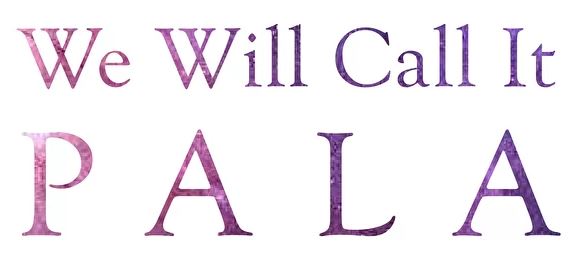
Liana: The question that we’re trying to ask at North Star is do we have to develop the field of psychedelics with the current unfettered capitalist system and all of its perverse incentives and all of its directives towards maximization of growth and maximization of profit?
Having that kind of pressure inside of a system means that companies might cut corners or make decisions that might not be best for their employees, for their people, for communities, and for the environment.
It’s not unique to psychedelics. I think North Star’s holding that framing for psychedelics but this exists in the renewable energy and regenerative agriculture industries and other green industries where people are looking at the ownership structure and they’re asking: if we want to decrease the wealth gap, what are we willing to give up? And I think that’s the hardest part when you are a founder and entrepreneur and investor.
Liana has long had a keen eye for justice and injustice, which stems from an early experience. Right after her 18th birthday, she was driving with a tail light out in northern New Jersey, near her home. A cop pulled her over and spotted her passenger drinking a beer. Cops found less than half a gram of cannabis, and arrested her. And she saw the injustice of the justice system firsthand.
Liana: The other people in the courtroom were black and brown young men who had similar, super minor drug offenses like me. But they were getting time in jail, hardcore sentences. And when the judge got to me, my lawyer explained that I was a good kid who got caught up in some bad stuff, and the charges got dropped, my arrest got expunged from my record. And it sparked this curiosity and awareness of the drug war. It made me distrust a lot of things about the dominant operating paradigm of our government, economy, and society.
She dropped out and fought back. She grew a dreadlock or two, put in a nose-ring, and became a cannabis-smoking, hippie-ish, nature-worshiping, crypto-loving, college-dropout rebel.
“I didn’t have a bank account for five years. For the better part of a year I didn’t wear shoes,” says Liana. “I was fighting the power.”
She saw oppressors everywhere. She organized Occupy Wall Street protestors. She was arrested protesting the Iraq War. She traveled to the Middle East to try and solve the Israeli-Palestinian conflict.
And she found herself continually saddened as, despite all her years of fighting money and power, the world kept spinning on as it has been: crooked, war-like, selfish, lousy with Have-nots stepped on by Haves.
One step toward her redemption came on a journey to “find herself” by disappearing into Latin America. One day, in Oaxaca, she ate mushrooms with a Mazatec healer. Mushrooms changed her mind. Mushrooms eventually led her to her current, and maybe most legitimate, shot at changing the world.
Gradually, she came back into more mainstream society in the world of plant medicines. She owned a visionary art gallery and worked in cannabis.
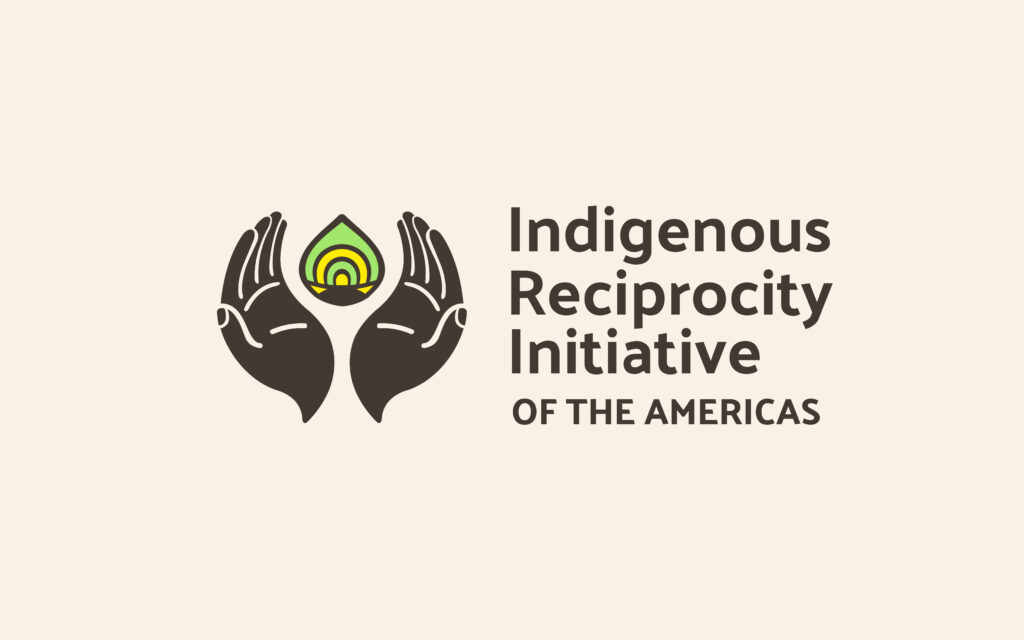
Discover Indigenous Reciprocity Initiative of the Americas
Today, the woman who spent a year barefoot swallows hard and buys some fancy-looking second hand shoes from Poshmark, and some chic-looking dresses from Galeruh, a friend from the Playa, and makes MAPS’s case.
Because even during all those rebellious years fighting the darkness, she never turned sour, and remained the bright, witty, funny, story-telling, effusive, welcoming, hospitable, detail-oriented, big-picture woman able to converse with the best of the corporate and philanthropic world.
“Fight the power,” she realized at some point, was not exactly the most effective attitude. At some level, you have to engage the power. In a weird way, you have to have compassion for the power. You can’t pretend either that all power is evil, or that it doesn’t exist.
“I used to want to burn the whole system to the ground and start from scratch. And now I think that we have to work with the old system to transform it, to midwive it into the world as it could be. There are pieces of it that work.”
Liana Sananda Gillooly
Liana: I used to want to burn the whole system to the ground and start from scratch. And now I think that we have to work with the old system to transform it, to midwive it into the world as it could be. There are pieces of it that work. Like it’s nice that we have roads with traffic lights and stuff like that. The MAPS roadmap is to break the cycle of trauma that fuels sociopathic behavior. Hurt people hurt people.
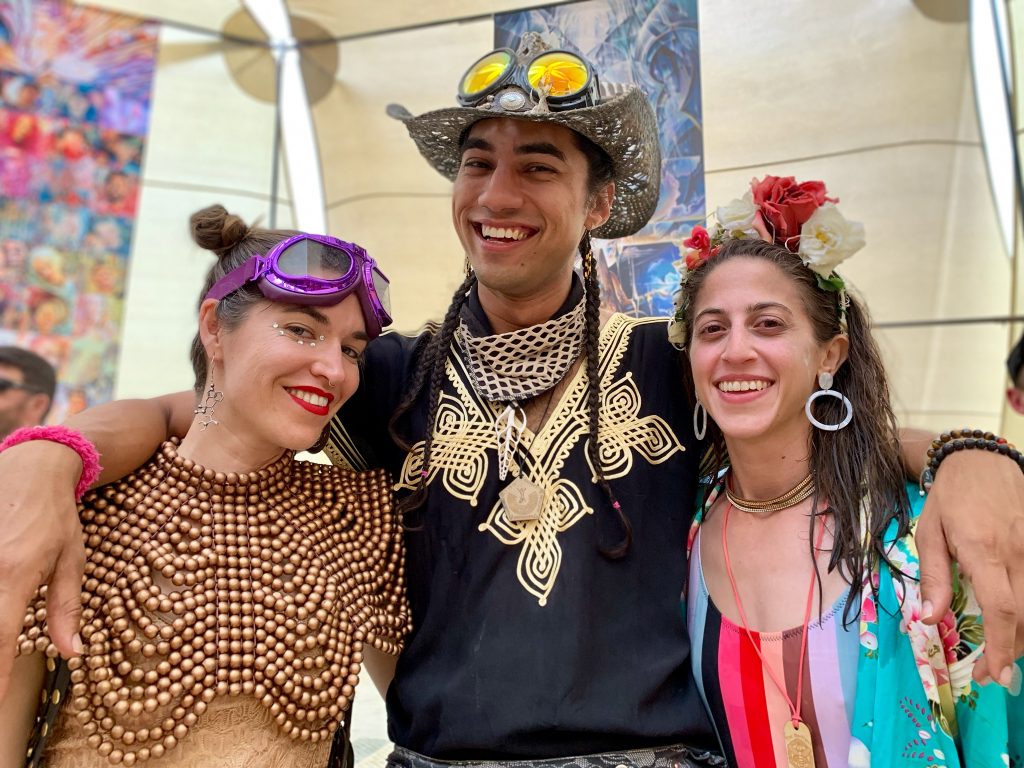
Chacruna: You’ve described yourself as a relationship holder for MAPS. What does that look like?
Liana: The main element is that I love people. I love connecting with people. And so I spend a lot of my days on phone calls, catching up, keeping them posted, and we constantly have new developments.
We ground them in science. I have to say these women on our science team, oh my god, you make us look so good.
And I love to try to get people who might only be engaged in our research program involved in the larger mission of MAPS—drug policy reform, public education, harm reduction.
People who support us don’t necessarily identify as part of the psychedelic community, they don’t even know what that means, they don’t go to Burning Man, and so I try to find avenues to invite people in more deeply to the richness that is available in this so-called community. My friends call me a psychedelic switchboard operator.
These [potential donors] are just people, people who have figured out the financial game and are seeking to share their resources with things that matter and. And I want to help them figure out what to do with their resources, skills, and power in ways that will bring meaning into their life.

Support the Eagle and the Condor’s Ayahuasca Religious Freedom Initiative
It’s all been a wild journey for a woman whose career is still in its beginning stages. Despite her protestations against power as a younger person, she’s become a powerful woman in the psychedelic movement, a movement that is increasingly powerful in its own right.
She now wrestles with those old questions that once vexed her. Who holds power? Why? And what should be done with power? Only now she has some ideas.
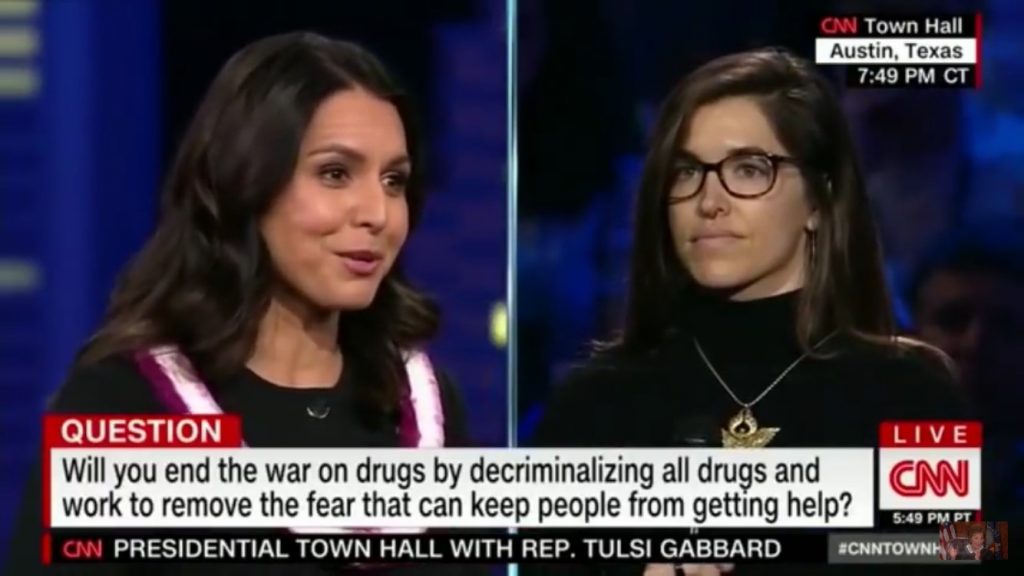
Liana: So often in my life, I’ve been the only woman at the table. I used to think that in order to get on the level of the people that I was interacting with, these really powerful people, that I had to behave more like a man. You know, be confident, be strong, talk forcefully, and interject yourself. My own construct around power identified power as more of something that a man would have.
One of the things I’ll share is that it hasn’t always felt safe to be a woman in my body. And it is likely due to early experiences of trauma I have had, that left me feeling like expressing femininity is dangerous. And so I’m in a very active internal process around what it means to soften some of these preconceived notions.
What’s been really helpful is looking out and seeing all of these peers that I have, these embodied, strong, capable, compassionate women.
People always think of Rick as the leader of MAPS, and he certainly is the legendary pioneer that revived the movement in psychedelic science, yet peek over at the public benefit corporation and it’s led by all women. Show me another pharma company led by all women. And that happened organically. They were just the best people for the job.
“To be a woman in a position of power, who is not needing to prove anything to the world, who can just ‘be,’ I think that’s the goal.”
Liana Sananda Gillooly
To be a woman in a position of power, who is not needing to prove anything to the world, who can just “be,” I think that’s the goal.
In this steady way, Liana Sananda Gillooly acts as a “force” that can help others see the “light.”
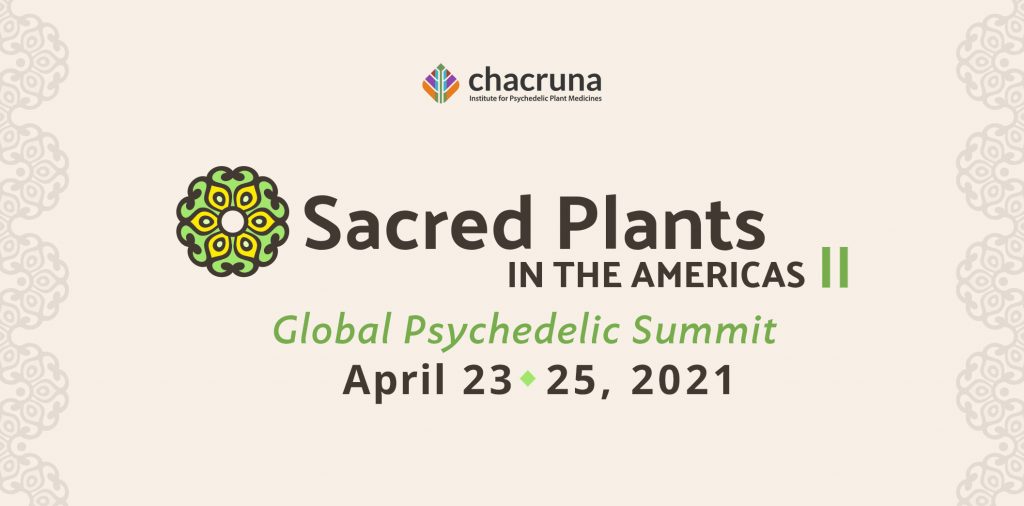
Join us at Sacred Plants in the Americas II
This conversation was heavily edited for clarity, flow, and length.
Take a minute to browse our stock:
Did you enjoy reading this article?
Please support Chacruna's work by donating to us. We are an independent organization and we offer free education and advocacy for psychedelic plant medicines. We are a team of dedicated volunteers!
Can you help Chacruna advance cultural understanding around these substances?


